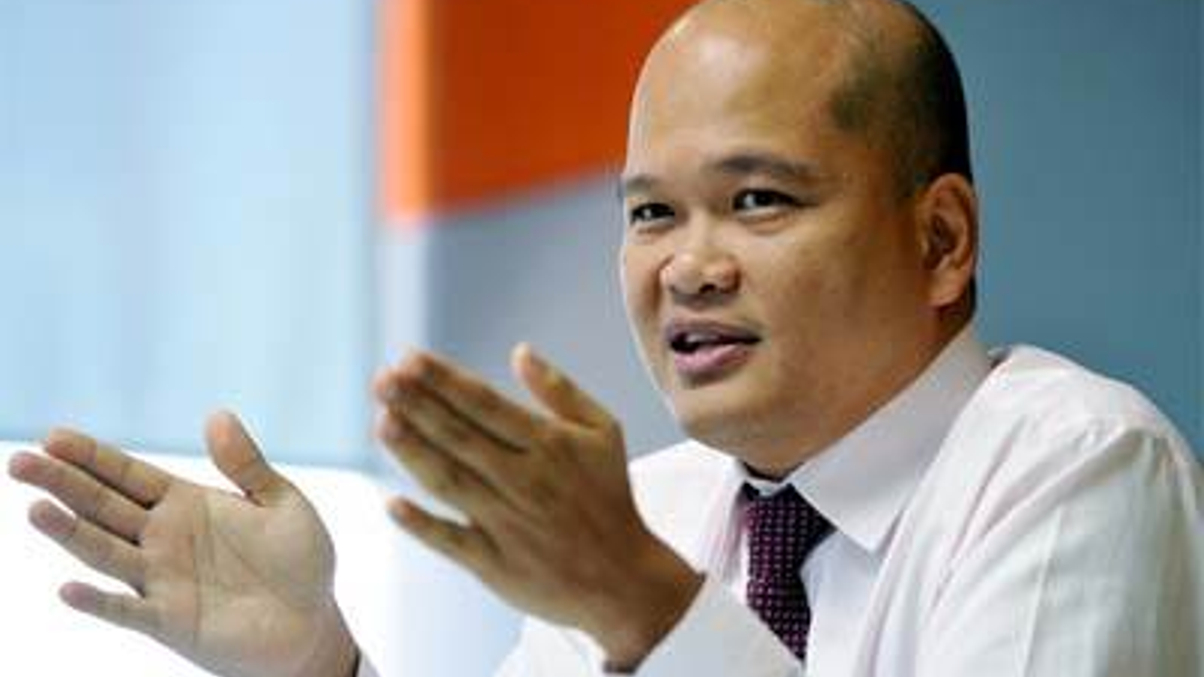Malaysia’s EPF sees swift take-up of sharia portfolio
After only a week, a quarter of the sharia-compliant part of the $160 billion state pension fund has been taken up by members. But the institution is unlikely to run all of its assets in this way.

Malaysia’s $160 billion state retirement fund, the Employees Provident Fund (EPF), is seeing strong early demand from members to have their assets managed in a specially created sharia-compliant portfolio, but it is unlikely to go 100% sharia.
Sign in to read on!
Registered users get 2 free articles in 30 days.
Subscribers have full unlimited access to AsianInvestor
Not signed up? New users get 2 free articles per month, plus a 7-day unlimited free trial.
¬ Haymarket Media Limited. All rights reserved.


